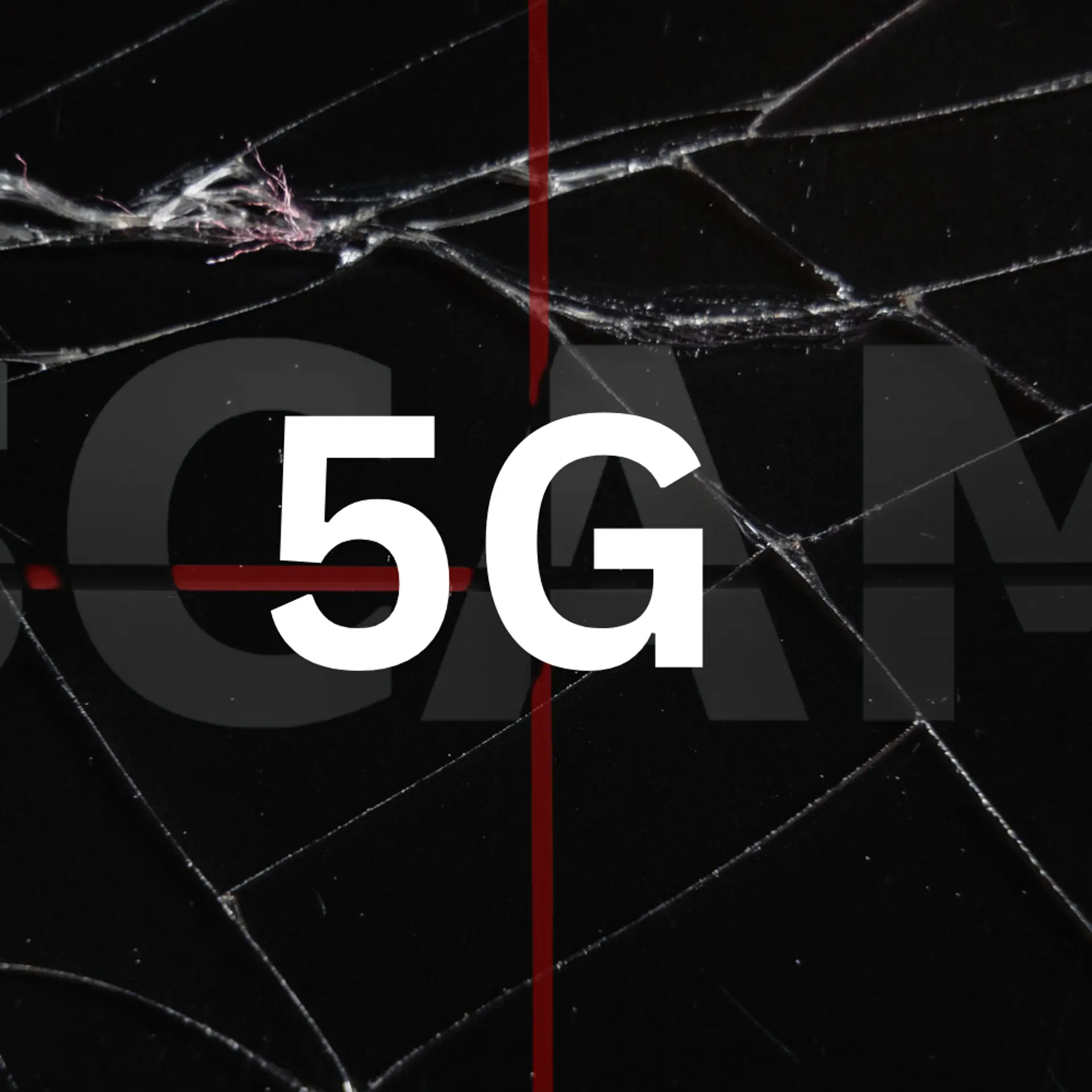AWS, Vodafone Idea suspend BYJU’S services due to non-payment of dues; co denies interruption
BYJU’S has not paid AWS for at least two months and has not recharged its commercial calling facilities package for Vodafone Idea for August, people aware of the matter told YourStory.
Service providers, such as Amazon Web Services (AWS) and Vodafone Idea, have suspended their services to BYJU’S due to unpaid dues, as the troubled edtech firm faces mounting challenges, including multiple legal battles and a severe liquidity crisis.
BYJU’S has not paid AWS for at least two months, and has not recharged its commercial calling facilities package for Vodafone Idea in August, people aware of the matter told YourStory.
Amazon’s cloud computing platform AWS was providing cloud services to the edtech company’s mobile application, while telecommunications service provider Vodafone Idea was the sole mobile network service provider for the edtech firm.
While the common contact number for BYJU’S Tuition Classes (BTC) and the main online application of BYJU’S hasn’t been reachable since the start of this month, YourStory has independently verified the claims.
The BYJU'S mobile app has been crashing regularly, the people quoted above said
“AWS has finally decided to pull the plug on the app. Typically what happens is, if a company delays payments, it’s given an option to pay a small amount upfront for the continuation of services,” said one of the people quoted above who did not wish to be named.
“With so many vendor payments piling up and no revenue coming in, it’s getting difficult for BYJU’S to make any payments. The website is still working but that’s because they (BYJU’S) want to build a narrative that the company is not shut,” the person added.
“While the website seems to be working, server-related issues, which have occurred this month as well, have become common at the start of each month and are usually resolved within an hour or so. During these periods, people are unable to access classes,” another person told YourStory anonymously.
BYJU'S, AWS and Vodafone Idea had not responded to queries sent by YourStory till the time of publishing.
However, the Bengaluru-based edtech company denied the suspension of services after the story's publication.
“The BYJU'S app and website are both fully operational, and services have not been suspended by AWS. It's important to verify information before spreading such narratives. Our focus remains on delivering uninterrupted learning for all our students,” the company said in the statement.
Technology companies commonly partner with multiple cloud service providers as part of a multi-cloud strategy, but often rely on one primary provider for the majority of their services. If the primary provider discontinues service, systems are typically designed to migrate hosting to other providers.
However, while this failover process is intended to minimise disruption, it can still lead to glitches or downtime, depending on how well the migration is planned and the compatibility between different cloud infrastructures. According to sources, BYJU’S has moved its databases to Google Cloud.
The edtech company, which has been dragged to multiple courts in India and the US by its biggest lenders and investors, has been battling a liquidity crisis for more than a year and has delayed payments to a host of vendors. BYJU’S owes close to Rs 380 crore to operational vendors as of August 19, 2024, per information available on the Insolvency and Bankruptcy Board of India’s website.
YourStory had earlier reported that the mounting troubles at the edtech company have led many employees to leave, while current employees have been actively seeking new opportunities since the company began struggling to meet payroll.
According to the second person quoted above, very few teachers are conducting online classes voluntarily as they are not being compensated for it given the edtech company’s financial struggles.
“They (BYJU’S) have not paid salaries to teachers for months, so most teachers have stopped taking classes. There’s absolutely no revenue coming in,” said another person, seeking anonymity.
“The only working IP is Aakash and Great Learning,” the person added.
BYJU’S acquired Aakash Educational Services Limited (AESL) for approximately $950 million in 2021. The Delhi-based test preparation firm is now valued at approximately $700 million, with Ranjan Pai—the Chairman of Manipal Education and Medical Group—as the largest shareholder, holding a 40% stake.
In the same year, BYJU’S acquired the skilling startup Great Learning for $600 million. Last year, BYJU’S was considering a potential sale of Great Learning to settle debt linked to a $1.2-billion term loan B owed to its US-based lenders.
Financial troubles
The edtech company, once riding high with a peak valuation of $22 billion in 2022, is currently undergoing an insolvency process.
BYJU’S insolvency-related events began on July 16 when the Bengaluru bench of the National Company Law Tribunal admitted a plea filed by the Board of Control for Cricket in India, seeking to initiate a Corporate Insolvency Resolution Process (CIRP) for BYJU’S parent company, Think & Learn Pvt Ltd.
Aakash has filed a claim of Rs 1,400 crore against it, according to a document seen by YourStory. Besides Aakash, the company also owes Rs 20.3 crore to InCred Financial Services, Rs 47 crore to Aditya Birla Finance, and over Rs 11,000 crore to Glas Trust.
Another document on IBBI’s website further showed the tax departments from the Government of India and the Karnataka government have put forth a claim of over Rs 848 crore as part of CIRP.
CIRP is a legal process under the Insolvency and Bankruptcy Code, 2016, aimed at resolving insolvency issues faced by corporate debtors in a time-bound manner, typically through restructuring or liquidation.
Recently, the US-based lenders, represented by Glas Trust, have demanded full repayment of the $1.2-billion term loan B along with interest, refuting Byju Raveendran’s assertion that the company’s verified debt stands at just Rs 20 crore.
The Supreme Court is expected to hear Glas Trust’s appeal against an NCLAT judgement on September 17.
(The article was updated with BYJU'S statement.)
Edited by Kanishk Singh







